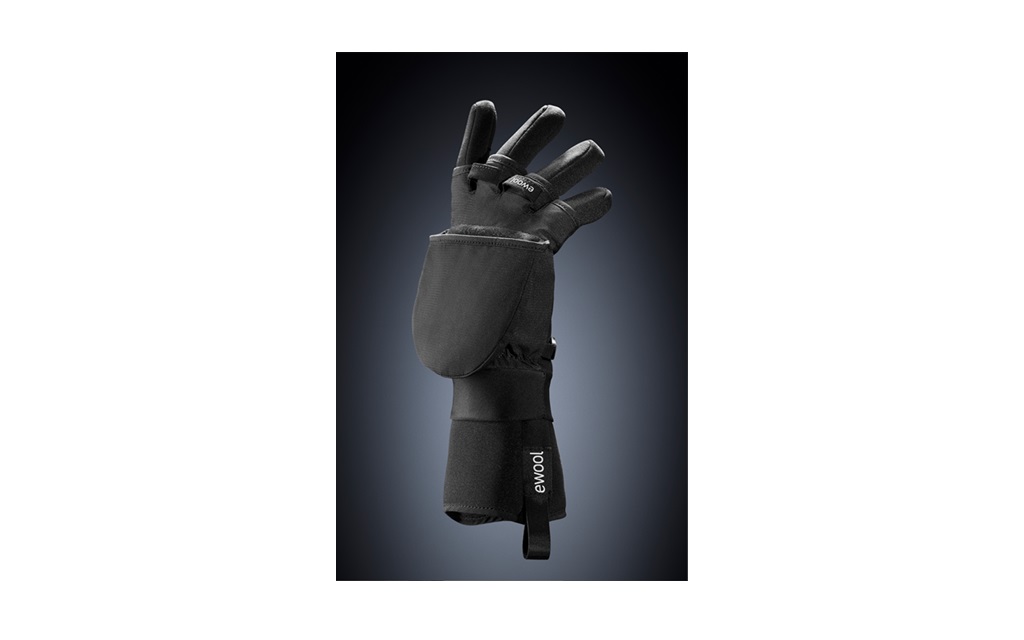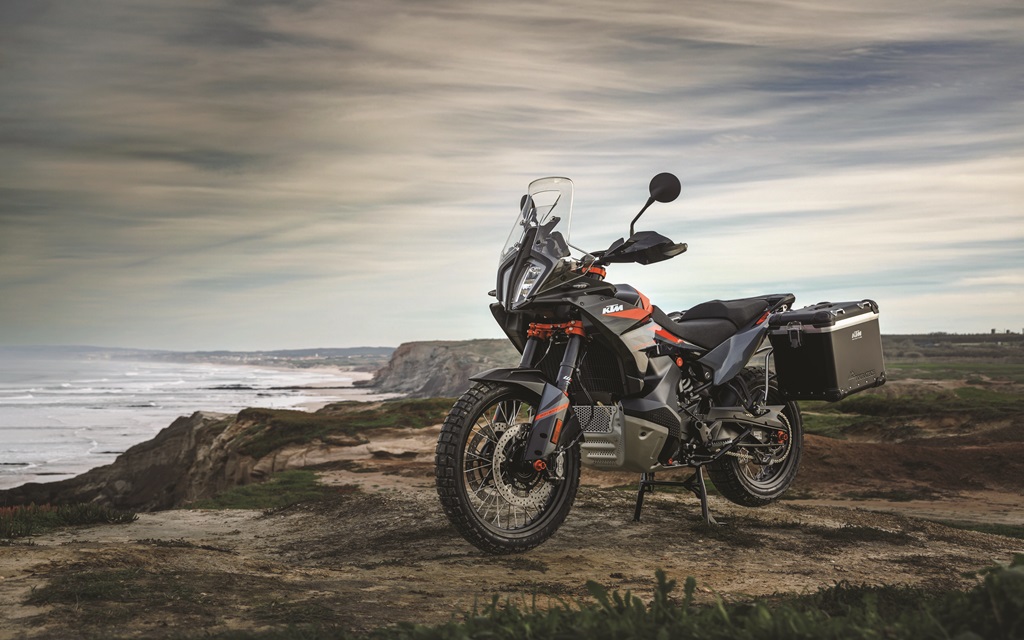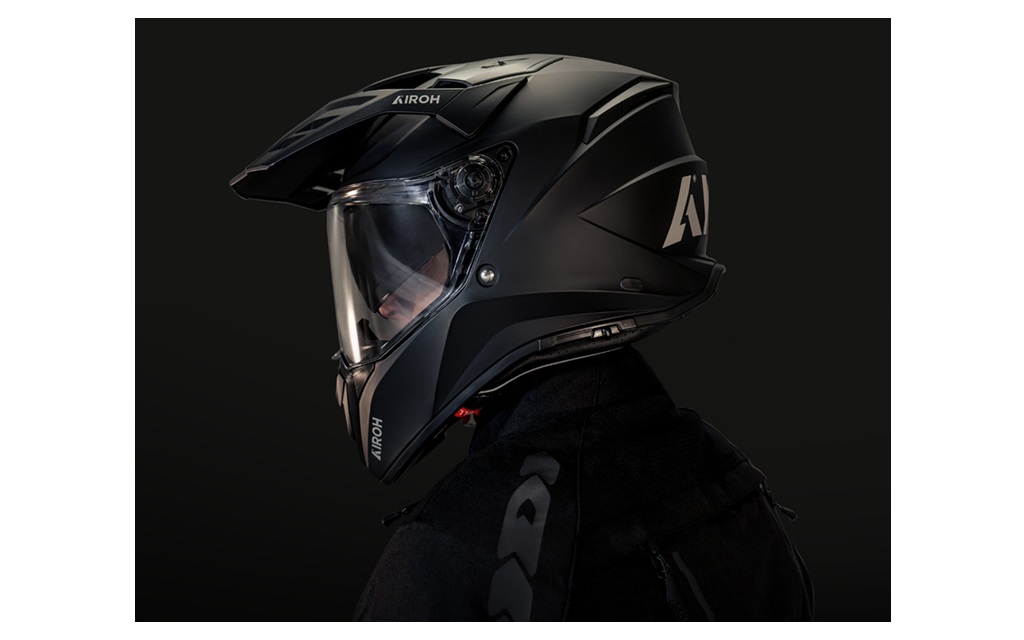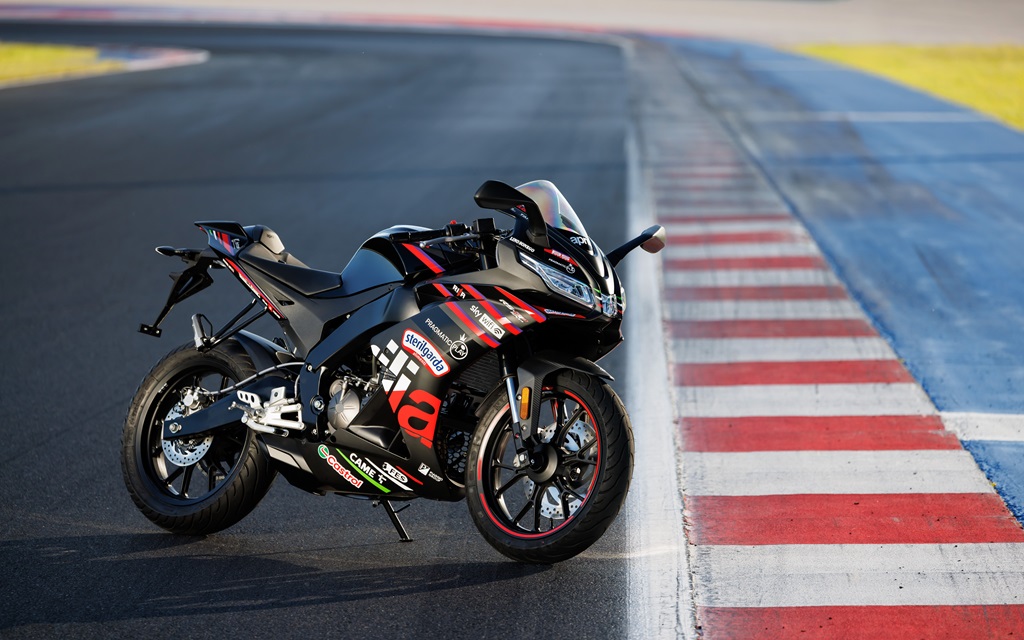By David Booth
Christoph Stuermer, global lead analyst for PwC Autofacts, told Business Week at the time, “Strategically [the purchase of Ducati] is insignificant for Volkswagen . . . to the automotive operations, it’s a mere accessory.”
Do men ever really grow up? Or is it still all about the size of our club?
One need not look past our tastes in motorcycles for proof that testosterone still rules our roost. No sooner do our better halves lament that men are just “boys with bigger toys” than we go out and buy a bigger toy. Bob gets a Panigale 1199? Well, then you need a 1299S. Do we really need 205 horsepower? Not a chance—unless, of course, your neighbour three doors down just got 200.
And the XY chromosome’s need to express its manliness knows no bounds. It’s not like the male ego stops flexing its muscle when we don our business suits. All too often, at least in this business, it’s all about the size of the pee-pee.
Think I’m joking? Then tell me why Mercedes-Benz bought MV Agusta in 2014. It sure as shootin’ ain’t the money: MV’s gross revenue in 2012—about €70 million—probably wouldn’t keep Mercedes’s passenger cars in brake pads. Return on investment? Surely, you jest; they’re Italian! Hell, they’re in dire financial straits yet again.
And as screamingly fast as Brutales and F4s are, anyone thinking that MV Agusta has some technological prowess that might benefit Mercedes needs to give their head a shake; Daimler invests more in R & D in a single year than MV could hope to make in next 20. Oh, one could make the argument that Mercedes’s stylists might well be advised to steal a brush stroke or two from their Italian counterparts, but I doubt very much that anything MV does is going to make E550s any less stodgy. Indeed, at first blush, there wouldn’t seem to be a good reason for a phenomenally successful auto giant to waste its hard-earned euros on a motorcycle manufacturer that continuously flirts with bankruptcy.
Ah, but you see, BMW manufactures motorcycles. More importantly, Mercedes and BMW are currently locked in a sales duel that would make the Hatfields and McCoys proud. One buys Rolls-Royce, the other (disastrously) resurrects Maybach. BMW comes up with the idea of a coupe-ified SUV (the X6), Mercedes clones it into their GLE. And that, my friends, as simplistic as it may sound, is the entire reason why Daimler chairman Dieter Zetsche reportedly paid €30 million for a 25% stake in a motorcycle manufacturer that has already been passed around (Giovanni Castiglioni reputedly paid one euro to take MV back from its last benefactor, Harley-Davidson) more than a spliff at a David Gilmour concert.
Nor is this “mine is bigger than yours” mentality new. Long before MV was a twinkle in Zetsche’s eye, the company was eyeing bigger two-wheeled fish. Mercedes once investigated acquiring Harley-Davidson. They also made a huge play for Ducati. Remember Nicky Hayden trotting out a special-liveried Diavel on AMG’s stand at the 2010 Los Angeles auto show? Just prior to having Audi steal Ducati from under its nose? Zetsche certainly does; he bought MV Agusta on the rebound.
And why did Audi—actually, Lamborghini, an Audi subsidiary—buy Ducati? Again, it certainly wasn’t technology transfer. Desmodromic valves may indeed power Ducati’s MotoGP racer to speeds—17 kilometres an hour faster say the Yamaha boys — unrivalled by their competitors, but the future of automotive valve actuation is fuel-conserving electromagnets. Heritage? I think not.
So why did the Volkswagen Group buy Ducati? Well, as it turns out, then VW chief executive Ferdinand Piech—an autocrat so severe he makes Vladimir Putin look like Bernie Sanders—wanted Audi to play in the Mercedes and BMW stratosphere and Ducati was just a convenient way of one-upping both. That Volkswagen needed somewhere to invest the €8 billion in profit it was generating every year just made Ducati’s €747 million asking price seem cheap. “The Ducati deal shows that Piech is an engineer and engineers are sometimes like little babies,” said Ferdinand Dudenhoeffer, director of the Center for Automotive Research at the University of Duisburg-Essen. “It’s a new toy.”
And the acquisition may backfire on Ducati. Volkswagen’s financial empire is about to implode—it may yet have to buy back some 580,000 TDIs that have offended the American Environmental Protection Agency. Bloomberg claims the disaster could cost VW as much as €30 billion and “may force the carmaker to raise cash by selling assets,” the most easily divested, you guessed it, being Ducati.
Indeed, these automotive benefactors are turning out to be a double-edged sword. MV, as noted, is once again in dire need of cash and, Mercedes-Benz, the obvious saviour, is refusing to pony up any additional support unless the Castiglionis relinquish ownership. When someone—and this certainly applies to automakers who own motorcycle companies—has no skin in the game, their interest is, at best, fleeting. Or as one analyst told Reuters when the Ducati sale was going down, “The purchase does have a trophy feel to it, in the sense of something you might mount up on the wall next to the stag you shot last year.”
In other words, it’s all just one big ego stroke.






